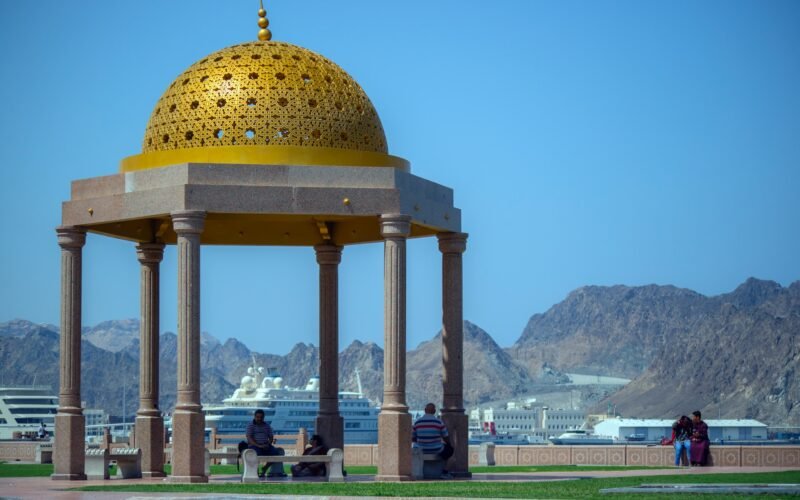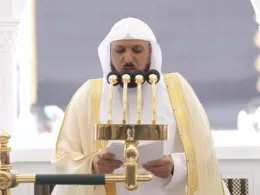As the Houthi rebels in Yemen are being targeted by US and UK military forces, Oman has decided to ban its airspace to the United States and the United Kingdom.
In a significant development, Oman has firmly opposed the ongoing bombing of Yemen cities by what it refers to as “friendly countries,” stating its Ministry of Foreign Affairs.
The official communication expressed deep concern about the situation in Yemen and urged an immediate halt to the military escalation.
Simultaneously, the statement highlighted Oman’s concerns regarding Israel’s actions, particularly its horrific war and siege on the Gaza Strip, which has claimed thousands of lives and resulted in a severe humanitarian crisis in the area.
Oman’s Ministry of Foreign Affairs openly condemned the military actions undertaken by friendly nations and pointed toward the potential impact on the wider regional conflict which as per the foreign affairs is an alarming situation.
The statement focused on Oman’s strict warnings against the daily evolving crisis, particularly in light of Israel’s operations, which the Ministry of Foreign Affairs Oman describes as killing, abuse, destruction, and starvation campaigns led by Israeli forces in Gaza and other Palestinian territories under attack.
The ministry’s statement underscored Oman’s commitment to regional stability and peace, calling on all involved parties to cease further military operations.
This aligns with Oman’s historical advocacy for peaceful conflict resolution and its dedication to always fostering stability in the Middle East. Moreover keeping in view the statements issued, Oman has taken the extraordinary step of blocking its airspace for UK and US jets involved in the Yemen bombing campaign, unlike other Gulf countries.
This action serves as a clear sign of Oman’s focus on peace and stability in the area which is an important reminder. The move is likely to prompt discussions about the morality of the military actions carried out by certain Western nations.
It challenges the International community to examine the motives behind the bombing campaign and assess whether it aligns with established principles.
Oman’s choice to restrict airspace adds a new dimension to the ongoing conflict and might change how the world talks about military interventions in the Middle East.
As the situation unfolds, Oman’s neutral stance and diplomatic approach position it as a main player in the race for a peaceful resolution to the crisis, emphasizing the need for a good understanding of the root causes and a collective commitment to reducing tensions in the region.
Subscribe to our channels on WhatsApp, Google News, Facebook and Instagram.Discover more from The Islamic Information
Subscribe to get the latest posts sent to your email.












